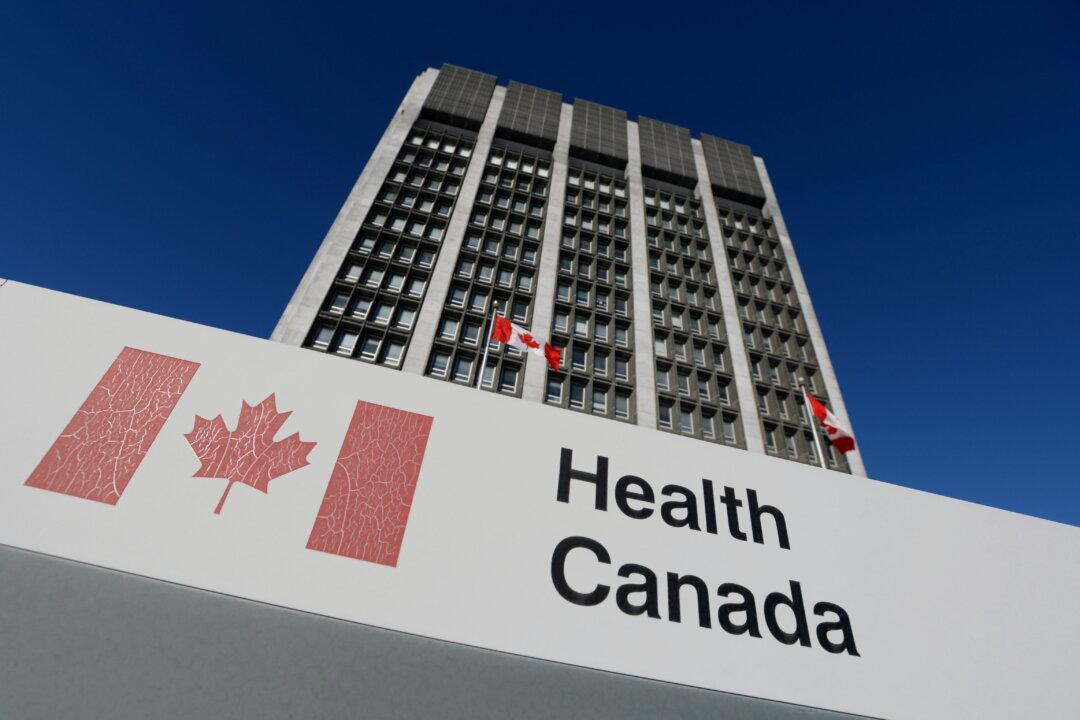Many of the estimated $22 billion worth of COVID-related contracts granted by Health Canada (HC) and the Public Health Agency of Canada (PHAC) did not properly follow procurement rules, according to a review from the Office of the Procurement Ombudsman (OPO).
The OPO conducts procurement practice reviews based on “issues and complaints brought to OPO’s attention by stakeholders,” said a June 2023 report titled “Procurement practice review of Health Canada and the Public Health Agency of Canada.”
The report, which was first obtained by Blacklock’s Reporter, said the highest-risk elements of contract awards are the evaluation criteria and selection process used to pick a contractor, the bid solicitation process, and the evaluation of bids.
According to information provided to the OPO from health authorities, Health Canada and PHAC awarded a total of 248 contracts worth approximately $369 million during the review period.
From this, Procurement Ombudsman Alexander Jeglic reviewed 40 random contracts which were issued between May 1, 2020, and April 30, 2022.
In one of those contracts the report said “the solicitation was limited to an e-mail to an unknown number of suppliers from a HC/PHAC representative describing the requirement,” the report said. There was no indication of how the contract provider was selected.
In seven files, mandatory criteria were “not communicated in a clear, precise or measurable manner,” said the report. It expressed concern that poorly-defined criteria could “undermine the fairness and transparency of the bid solicitation process.”
Precise mandatory evaluation criteria, says the report, must “identify the minimum requirements essential to the successful completion of the work,” used to highlight what the bids must demonstrate to pass to the next phase of evaluation.
“Not meeting a single mandatory criterion must result in the disqualification of the bid,” it said.
Four files had no documentation whatsoever, according to Mr. Jeglic. He called the situation “a shortcoming in Health Canada’s recordkeeping practices” that was unacceptable even in a health emergency.
“Without having the solicitation document, Health Canada cannot demonstrate it followed the proper procurement protocols and that its practices were fair, open and transparent,” he wrote.
In another two files, it was “unclear how bidders were to demonstrate they met mandatory criteria” for the contract.
There were two files for which the solicitation was not clearly communicated, as prospective bidders were only sent an e-mail that did not identify the manner by which the contract would be awarded.
“A lack of clarity in the selection methodology can result in a failed procurement process. Lack of clarity can result in confusion regarding whether bids are compliant or not, and may necessitate the cancellation of the solicitation process,” said the report.
It suggested such practices “would unfairly penalize bidders, and waste both time and money for buyers while further jeopardizing their ability to acquire the goods or services in a timely manner.”
Opposition MPs have previously requested a judicial inquiry into pandemic management to review any potential favouritism in federal contracting.
“Companies with Liberal-friendly lobbyists or close connections to the Prime Minister or his inner circle received preferential treatment in the awarding of contracts,” then-opposition leader Erin O’Toole of the Conservative Party told reporters in 2021.
“When the pandemic is over we need answers,” said Mr. O’Toole. “We need to know what worked and what didn’t. We need complete transparency and accountability.”





